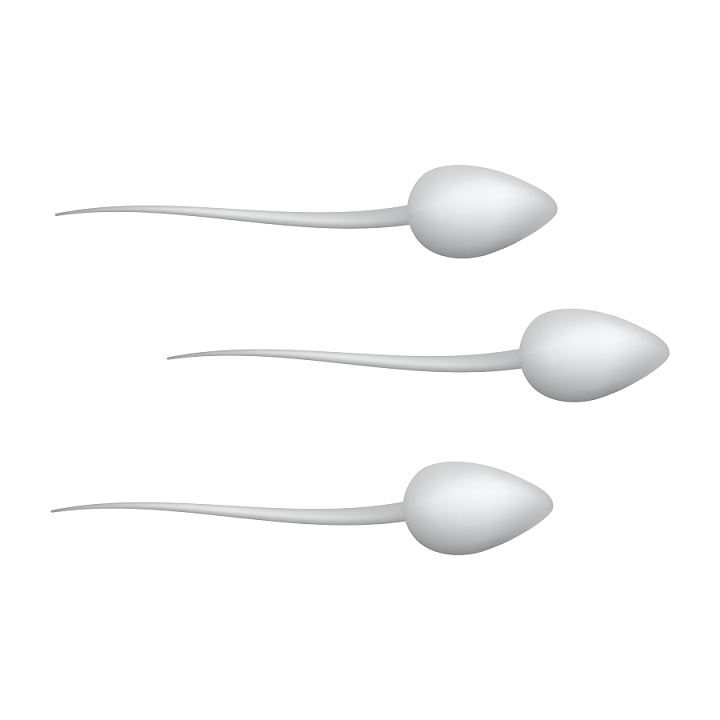
Preserving Your Fertility
November 12, 2019
December 3 is #GivingTuesday
November 26, 2019An excerpt from Fertility & Beyond: Join the Conversation
By Melanie Collins, MD, Ob/Gyn
When to Be Evaluated
So let’s assume your lifestyle is conducive to conceiving, your timing seems to be good, and you’re doing all the right things, but are still having trouble getting pregnant. There are some guidelines as to when you might want to weigh your options.
Generally, for somebody who is younger than 30, consider being evaluated after a year of trying to conceive.
If you’re over 30, consider being evaluated after six months.
If your cycles are irregular, or your doctor suspects a condition like endometriosis, you may not want to wait 6 or 12 months to be evaluated. This is especially important the older you are.
There’s no sense in delaying infertility evaluation – consider seeing a specialist. It’s advantageous to be aggressive since it can take a little while to figure out what’s going on before ultimately choosing the right treatment plan.
You don’t want to wait around and then wake up when you’re 40 and decide to see the specialist! You’ll have wasted some prime years in the meantime.
It Takes Two to Tango!
There is still a lot of stigma in certain cultures about fertility. And sometimes the woman will not be able talk to her spouse about fertility issues. It’s unfortunate because one-third of the time the issues are the woman, one-third of the time the man, and one-third of the time we just don’t know (unexplained infertility).
So, while it may be tough to convince your spouse to get tested as well, it’s an important step in the process. Before treating patients, it is recommended to complete a thorough infertility evaluation.
About Melanie Collins, MD, Ob/Gyn
Background:
Dr. Melanie Collins attended medical school and completed her residency at the University of Texas at Houston, where she spent ten years. In her last year, she was greatly impacted by her work at MD Anderson. She worked with women who were pregnant and had cancer, breast cancer predominantly.
She moved to Austin, TX in 1996 and was one of the founding members of the Renaissance Women’s Group. This was located in the same office building as several prominent fertility specialists in the community.
The two practices began referring patients to one another and have maintained that relationship for over two decades, continuing to share information and remain current with the latest research in the field of fertility.
When the doctors started freezing eggs in Austin, it was quite a big leap in what was previously possible. This got her excited about the options it provided for her patients. With the trend of delaying childbearing as women extend their education, or to establish themselves in their professional careers, women have more viable choices.
Her current work:
Dr. Collins’ practice has grown over the years. She remains abreast of research and information surrounding infertility, so she can best counsel her patients.
Her primary goal is to establish patient relationships for the long term. She’s even now delivered babies for the second generation in a family! She focuses on educating patients through all cycles of life and how various phases impact their body and well-being (from basic coaching on how a woman’s cycle works, to handling fertility and beyond, and through menopause).
Contact information: http://www.rwgdocs.com
Get your copy of Fertility and Beyond: Join the Conversation on Amazon.





